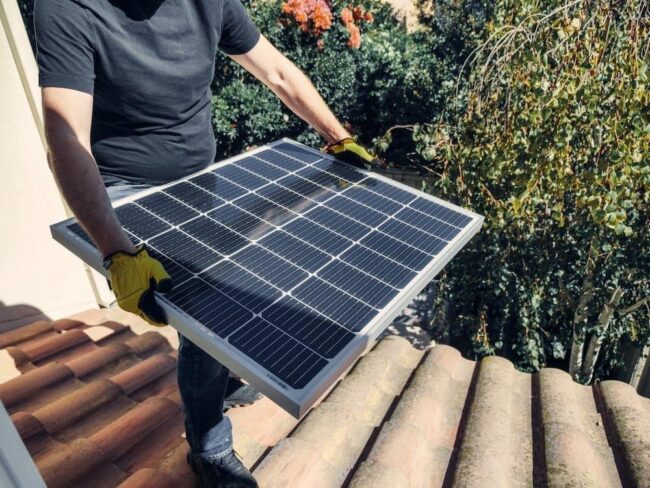Permits and Regulations for Solar Panel Installation
Local Permitting Process and Zoning Regulations
Before embarking on a solar panel installation journey, it’s crucial to navigate the landscape of permits and regulations to ensure a smooth and compliant process. These solar pv installers will guide you through the key considerations when obtaining permits and adhering to regulations for solar panel installation.
The first step in the regulatory journey is understanding the local permitting process. Different municipalities and regions have varying requirements for solar installations. Contact your local building department or permit office to inquire about the specific permits needed for your solar panel project. Some common permits include building permits and electrical permits.
Zoning regulations dictate land use in specific areas and may impact solar panel installations. Check with your local zoning department to understand any restrictions or guidelines related to solar panels. This includes considerations such as setback requirements, height restrictions, and the allowable size of solar installations on your property.

If you live in a community governed by a homeowner association, it’s essential to seek their approval before proceeding with solar panel installation. HOAs may have architectural guidelines or aesthetic requirements that influence the placement and appearance of solar panels. Obtaining approval in advance helps avoid potential conflicts down the road.
If your property is located in a historical district or conservation area, additional considerations may apply. Preservation ordinances and guidelines may impact the type and appearance of solar panels allowed. It’s advisable to consult with local preservation authorities to ensure compliance with historical preservation regulations.
Before connecting your solar panel system to the electrical grid, you may need to establish a utility interconnection agreement with your local utility company. This agreement outlines the terms and conditions for connecting your system to the grid, addressing issues such as safety, metering, and grid compatibility.
In some regions, an environmental impact assessment may be required for solar panel installations. This assessment evaluates potential environmental effects, such as habitat disruption or soil disturbance. Understanding and fulfilling these requirements are essential for regulatory compliance.
While not permits in the traditional sense, it’s essential to be aware of and take advantage of state and federal incentives for solar installations. These incentives may include tax credits, rebates, or other financial benefits that can help offset the cost of installation. Researching and applying for these incentives can contribute to the overall affordability of your solar project.
